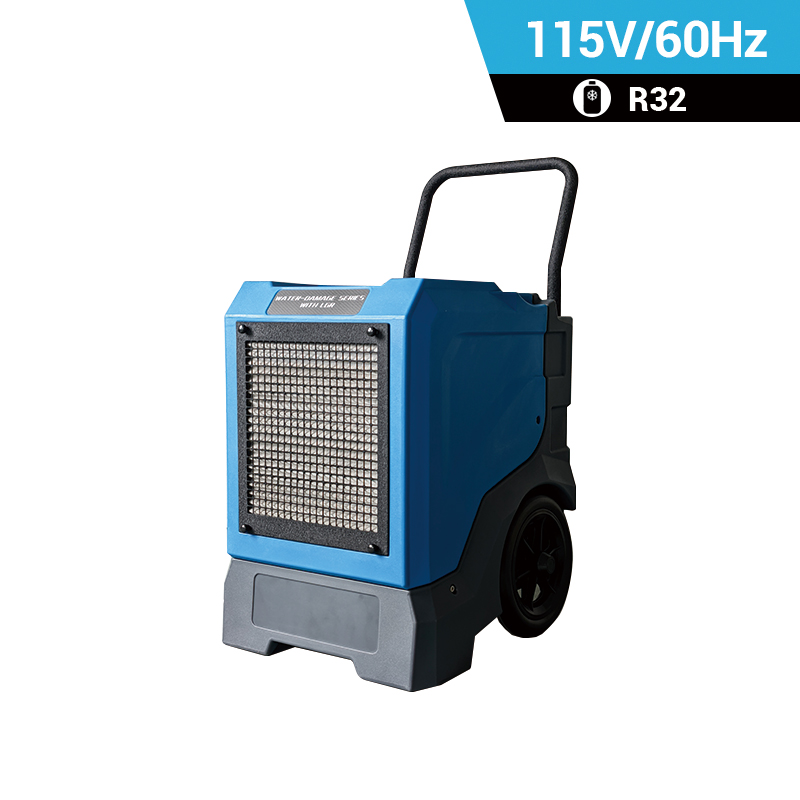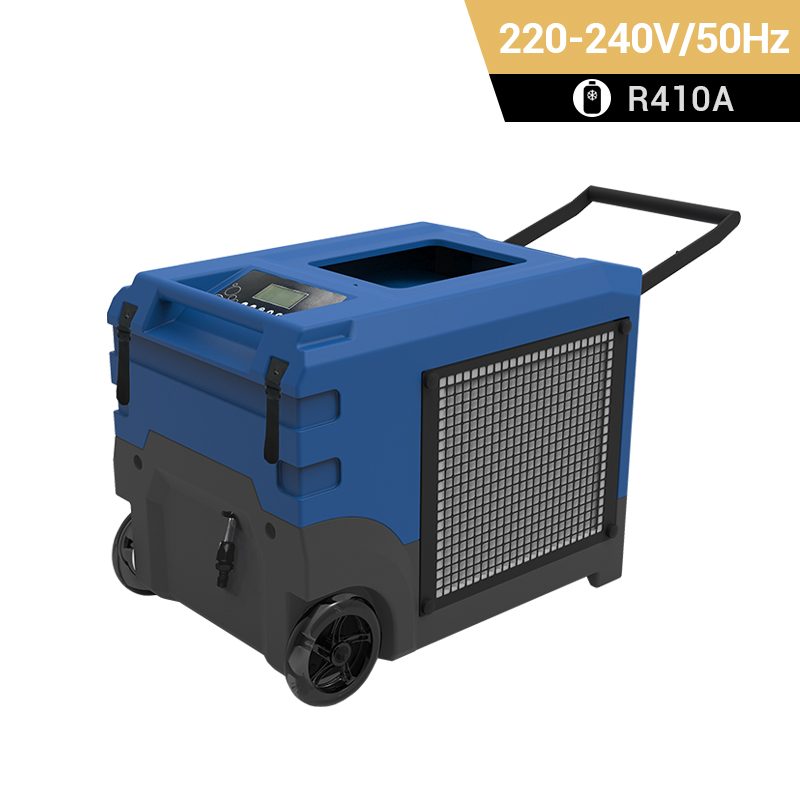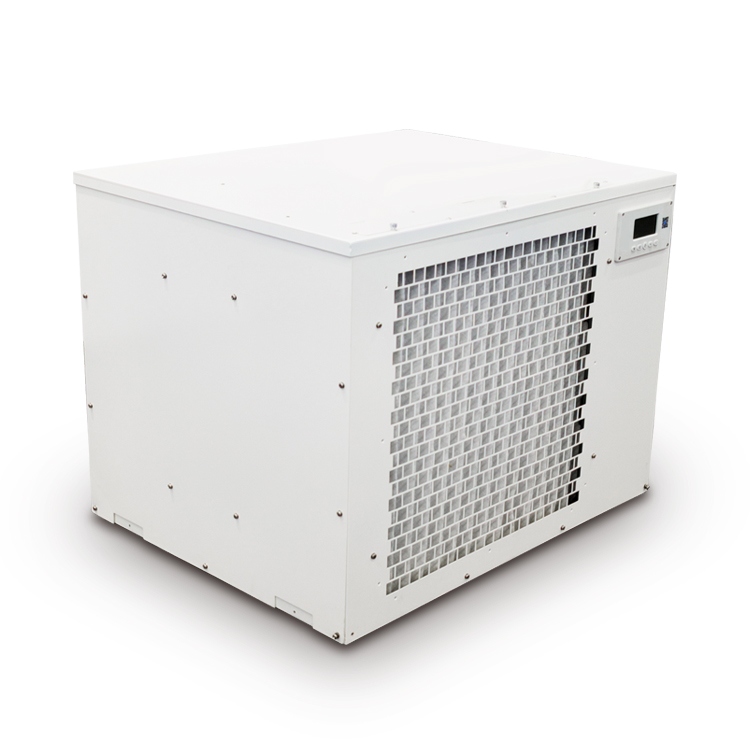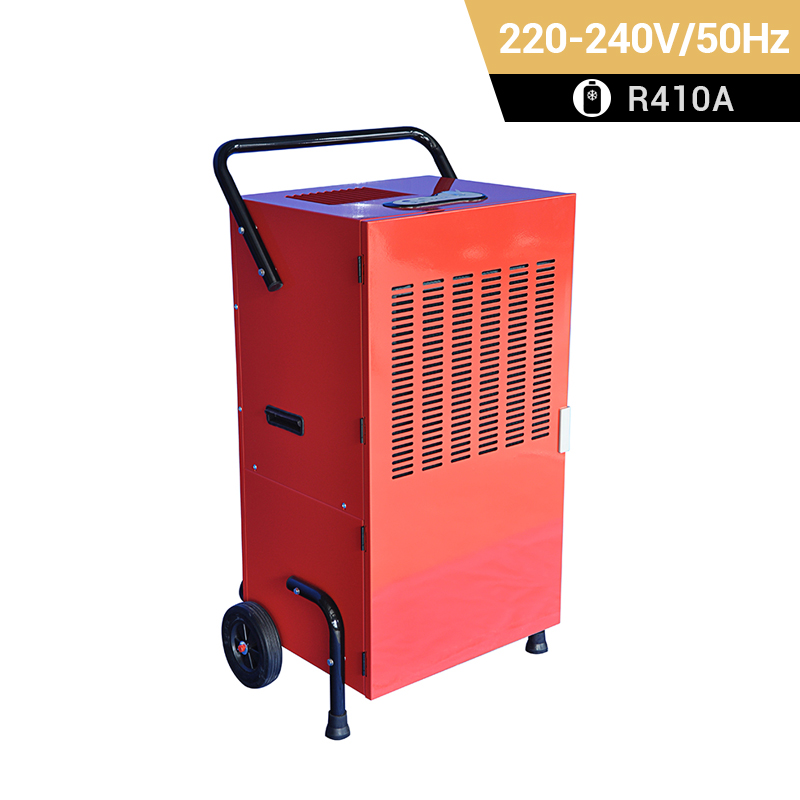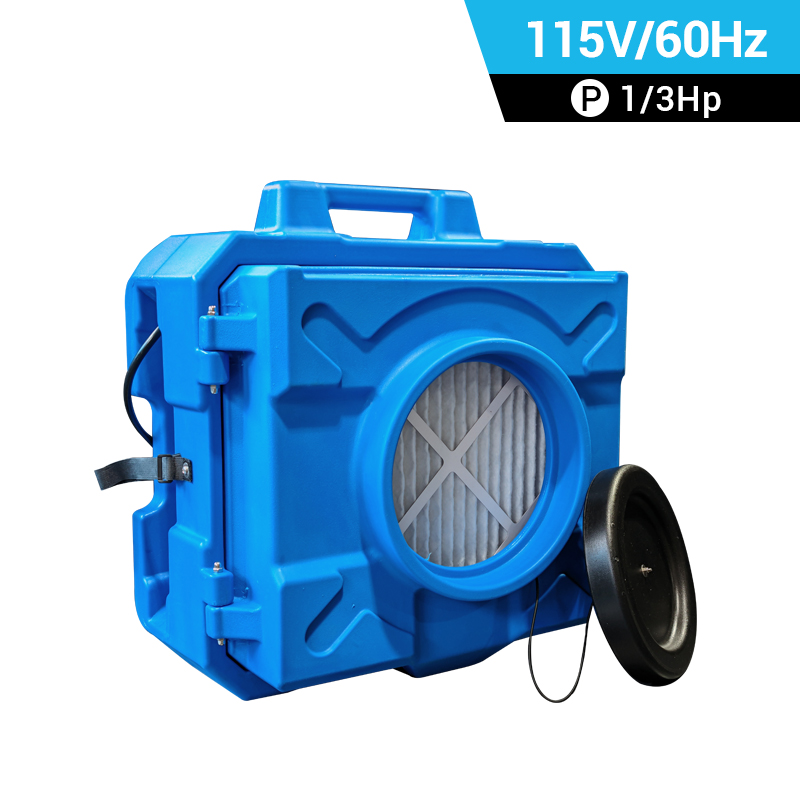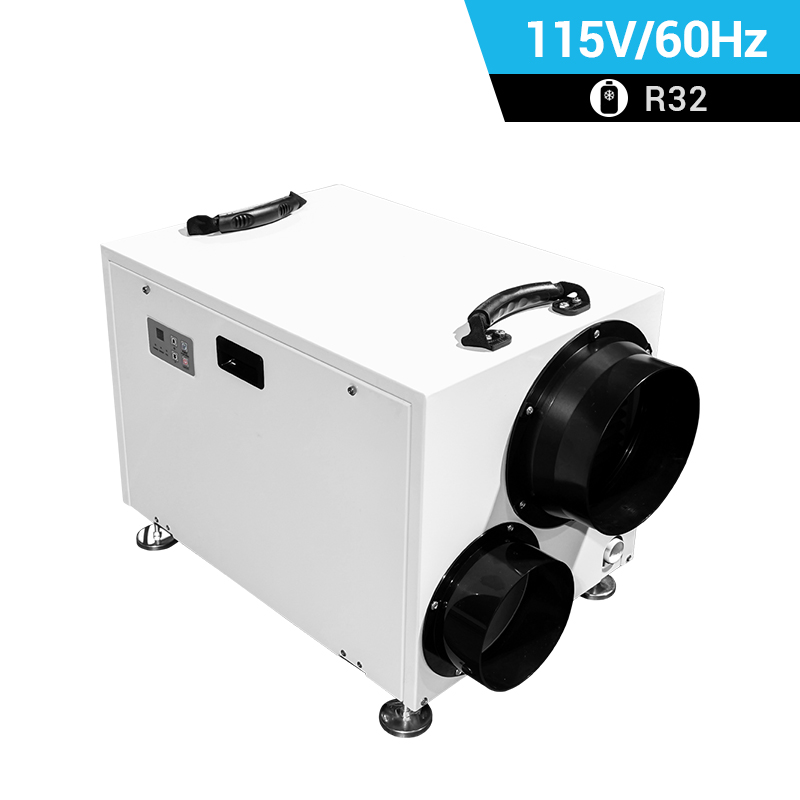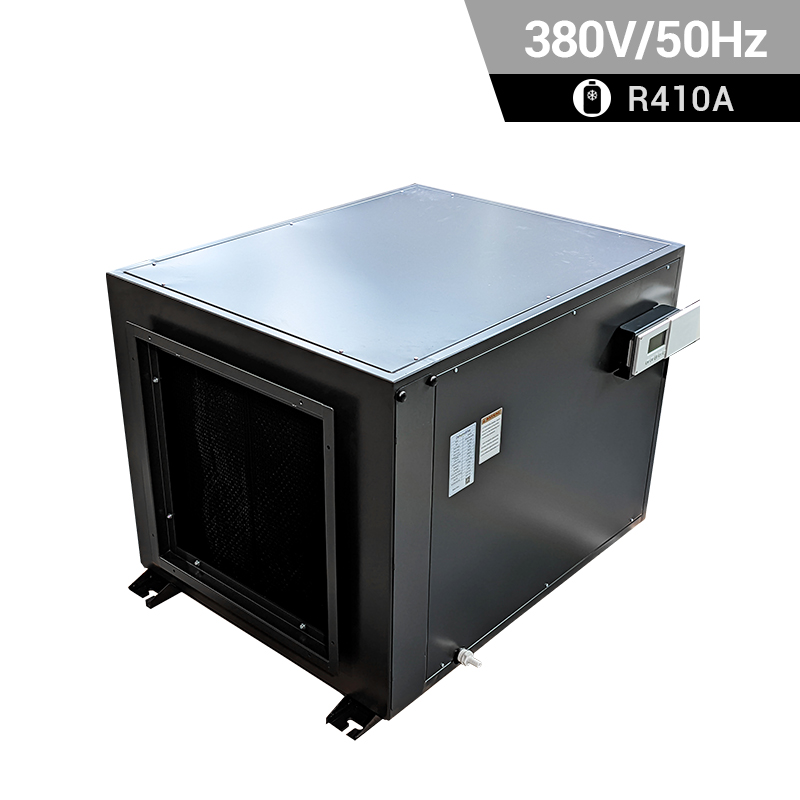 +86-13376814803
+86-13376814803  robert@hzhongtai.com
robert@hzhongtai.com
Dehumidifier Solutions
Dehumidifiers are essential appliances designed to control and reduce humidity levels in indoor spaces. With various types of dehumidifiers available in the market, finding the right solution for your needs is crucial. Let's explore some key types of dehumidifiers and their benefits.
1. Refrigerative Dehumidifiers: Refrigerative dehumidifiers are the most common type and operate using a refrigeration cycle. These dehumidifiers draw in humid air, pass it over cold coils to condense the moisture, and then reheat the air before releasing it back into the room. They are effective in moderate to high humidity conditions and widely used for residential and commercial applications.
2. Desiccant Dehumidifiers: Desiccant dehumidifiers utilize a desiccant material, such as silica gel or zeolite, to absorb moisture from the air. They are suitable for low-temperature environments, as they do not rely on refrigeration. Desiccant dehumidifiers are often used in industrial settings, storage areas, and drying applications.
3. Whole-House Dehumidifiers: Whole house dehumidifiers are integrated into the central HVAC system and are designed to dehumidify the entire home. They offer comprehensive moisture control, improving indoor air quality and preventing issues like mold growth. Whole-house dehumidifiers are ideal for larger residential spaces.
4. Portable Dehumidifiers: Portable commercial dehumidifiers are standalone units that can be easily moved from room to room. They are versatile and commonly used in smaller spaces, such as bedrooms, basements, or offices. Portable dehumidifiers offer convenience and flexibility in addressing localized humidity issues.
5. Crawl Space Dehumidifiers: Crawl space dehumidifiers are specifically designed to tackle moisture problems in crawl spaces. They are often compact and feature robust moisture removal capabilities. Crawl space dehumidifiers help prevent issues like mold, mildew, and structural damage caused by excess moisture.
When selecting a dehumidifier, consider factors such as the size of the space, humidity levels, energy efficiency, noise levels, and any specific features you require. It's advisable to consult the manufacturer's guidelines and specifications to ensure the dehumidifier meets your needs.
Properly controlling humidity levels in your environment is essential for maintaining a comfortable and healthy living or working space. By choosing the right type of dehumidifier, you can effectively manage moisture, prevent mold growth, protect your belongings, and improve overall air quality.
Related Products





